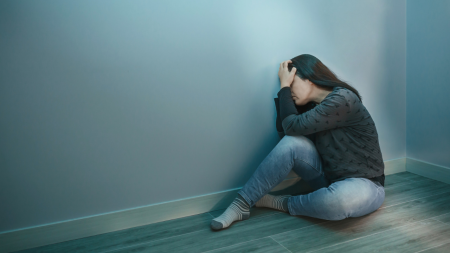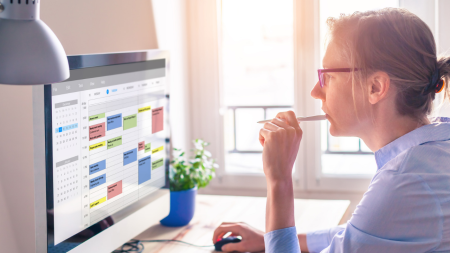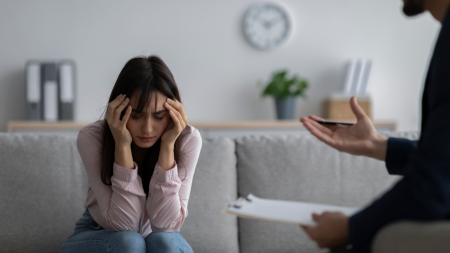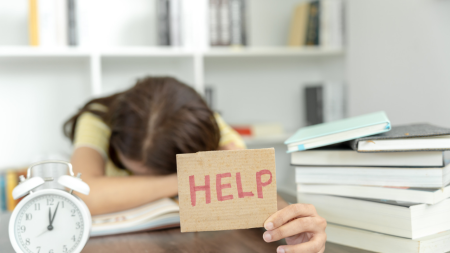Anxiety is a natural and often helpful response to stress, alerting us to potential dangers and motivating us to take action. However, when anxiety becomes overwhelming and pervasive, it can significantly impact our daily lives and well-being. Coping with anxiety is a journey that requires patience, self-awareness, and a variety of strategies. In this blog post, we will explore different techniques and tips to help you manage and reduce anxiety in your life.
Understanding Anxiety
Before diving into coping strategies, it's essential to understand what anxiety is and how it can manifest. Anxiety is a complex emotional and physiological response to stressors, and it can manifest in various ways, such as excessive worry, restlessness, physical tension, and even panic attacks. It's important to differentiate between normal levels of anxiety and an anxiety disorder, which may require professional treatment.
-
Practice Mindfulness
Mindfulness is a powerful technique that involves paying attention to the present moment without judgment. By focusing on your breath, bodily sensations, or the environment around you, you can reduce anxiety and improve your emotional well-being. Mindfulness meditation, deep breathing exercises, and grounding techniques can all help you stay centered and reduce anxious thoughts.
-
Physical Activity
Regular physical activity has numerous mental health benefits, including anxiety reduction. Exercise helps release endorphins, which are natural mood lifters. Whether it's going for a jog, practicing yoga, or dancing, find an activity you enjoy and incorporate it into your routine. Aim for at least 30 minutes of exercise most days of the week.
-
Healthy Lifestyle Choices
Your diet, sleep, and substance use can significantly impact your anxiety levels. Aim for a balanced diet rich in fruits, vegetables, and whole grains, and limit your consumption of caffeine and alcohol, which can exacerbate anxiety. Prioritize getting enough sleep, as sleep deprivation can increase anxiety. Consider practicing good sleep hygiene, such as maintaining a regular sleep schedule and creating a calming bedtime routine.
-
Cognitive Behavioral Therapy (CBT)
CBT is a widely recognized therapeutic approach for managing anxiety. It helps you identify and challenge irrational thoughts and replace them with more rational ones. Consider working with a trained therapist to learn CBT techniques or explore self-help resources that teach you how to reframe negative thinking patterns.
-
Social Support
Sharing your feelings and experiences with trusted friends and family members can provide emotional support and a sense of connection. Don't hesitate to lean on your social network when you're feeling anxious. Sometimes, talking through your worries with someone you trust can provide much-needed relief.
-
Time Management
Poor time management can lead to stress and anxiety. Organize your tasks, set realistic goals, and prioritize your responsibilities. Break tasks into smaller, manageable steps, and avoid overcommitting yourself. Learning to say no when necessary is crucial for reducing overwhelm.
-
Relaxation Techniques
Incorporate relaxation techniques into your daily routine. This may include progressive muscle relaxation, guided imagery, or simply setting aside time for activities you enjoy. Engaging in hobbies, listening to soothing music, or taking warm baths can all promote relaxation and reduce anxiety.
-
Seek Professional Help
If your anxiety is severe or interfering with your daily life, don't hesitate to seek professional help. Therapists, counselors, and psychiatrists can provide you with the support and treatment you need. Medications may also be an option for managing anxiety, especially when it's causing significant distress.
Conclusion
Coping with anxiety is a personal journey, and what works for one person may not work for another. It's essential to experiment with different strategies, be patient with yourself, and seek professional help when necessary. Remember that you are not alone in your struggle with anxiety, and there is hope for a calmer, more peaceful future. With the right techniques and support, you can regain control of your life and reduce the impact of anxiety.











